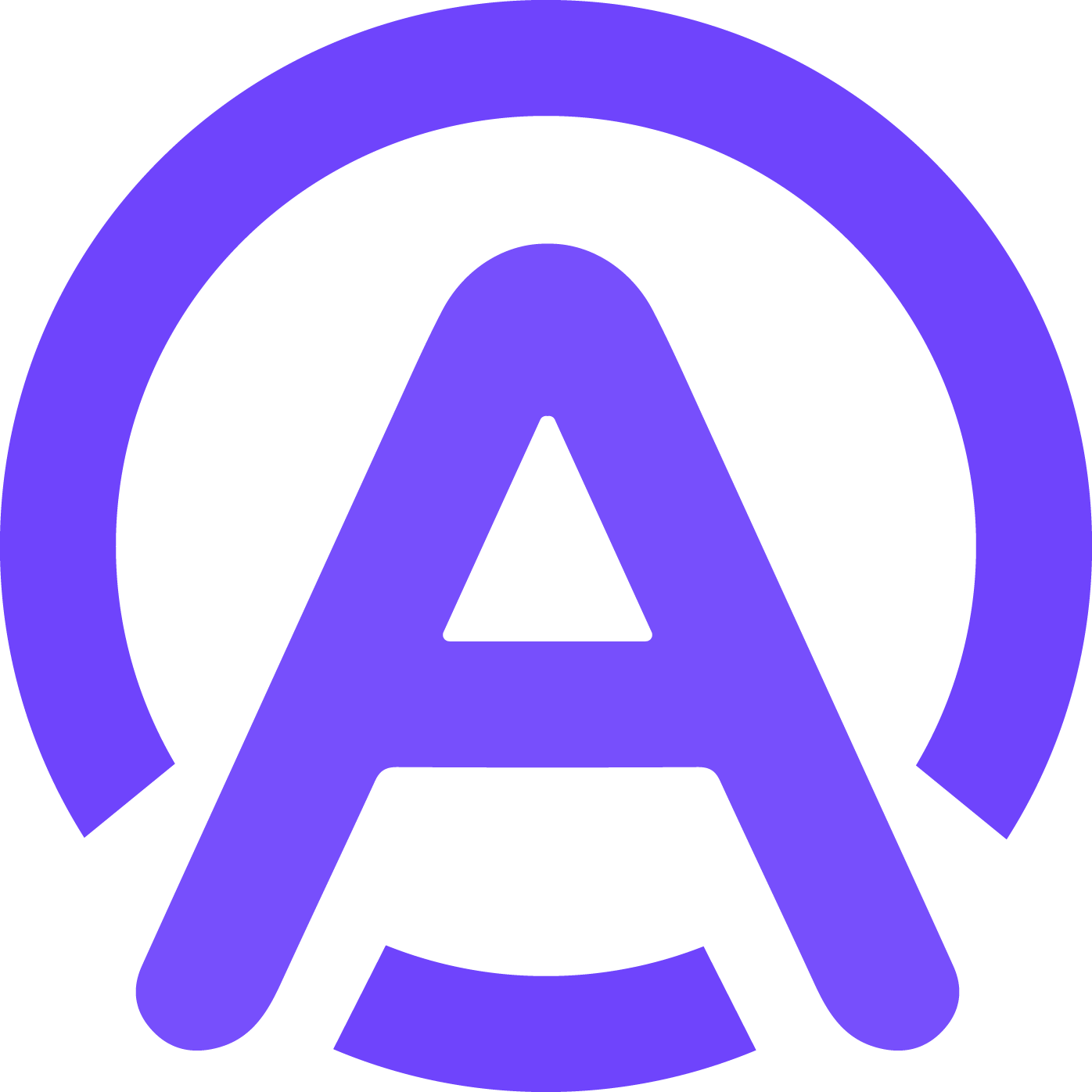how to implement algorithms to automatically assign appointments based on resource availability

Automated appointment scheduling uses algorithms to analyze resource availability and constraints, ensuring optimal time allocation. By leveraging tools like appointify ai, you can streamline scheduling processes and reduce manual errors. These systems adapt to real-time changes, making them highly accurate and reliable.
Automation offers unmatched efficiency and scalability. Unlike manual methods, automated solutions grow with your needs. They integrate flexible features to handle complex operations, whether in healthcare, manufacturing, or service industries. With the ability to implement algorithms, you can save time, improve resource utilization, and meet customer demands effortlessly.
Key Takeaways
Automated scheduling cuts mistakes and saves time by checking resources instantly.
Using algorithms improves customer happiness with online booking and reminders.
Picking the best scheduling method is key to helping your business work better.
Watching for problems and fixing them keeps your system working well.
Cloud systems can grow, making it easy to handle more needs.
The Need for Automated Appointment Scheduling
Challenges of Manual Scheduling
Manual scheduling often leads to inefficiencies and errors that disrupt the appointment booking process. You may encounter missed appointments, which cost businesses billions annually in lost revenue. Overbooking or scheduling overlaps can frustrate customers and damage your reputation. Manual processes also consume significant staff time, increasing the likelihood of errors and reducing overall efficiency.
Patients frequently experience delays and inconvenience when booking appointments manually. Long wait times on the phone, only to find unavailable slots, can leave them dissatisfied. Errors such as double bookings or incorrect entries further complicate the process. Additionally, manual systems lack the flexibility to reschedule or cancel appointments online, which modern customers expect.
Industries like healthcare, aviation, and utilities face unique challenges with manual scheduling. For example, healthcare providers struggle to balance resources and patient needs, while aviation companies must comply with labor laws when rostering crews. Utility companies relying on outdated methods often find it difficult to track and optimize schedules. These challenges highlight the need for smart scheduling solutions.
Benefits of Automation in Appointment Scheduling
Automating the appointment booking process offers measurable benefits. Tools like appointify ai optimize schedules based on resource availability and peak demand, saving you time. Automation minimizes human errors, ensuring accurate appointment allocation and reducing scheduling conflicts. For instance, automated reminders have been shown to reduce no-show rates by up to 39%.
Smart scheduling systems improve efficiency by aligning resources with demand. They provide real-time updates, allowing you to adapt quickly to changes. AI scheduling assistants enhance customer satisfaction by offering personalized booking experiences. Patients can book, reschedule, or cancel appointments online, making the process seamless and convenient.
Industries adopting ai-based scheduling solutions report significant improvements. For example, Illinois Medical Center optimized its workforce management, while Air Canada enhanced crew satisfaction with specialized systems. These examples demonstrate how automation transforms scheduling into a streamlined, error-free process.
Core Principles of Implementing Scheduling Algorithms
Resource Availability and Real-Time Updates
Understanding resource availability is crucial for intelligent scheduling. You need to ensure that your scheduling system tracks resources like staff, equipment, or meeting rooms in real time. This allows you to avoid conflicts and overbooking. For example, appointify ai uses real-time updates to monitor availability and adjust schedules dynamically.
Real-time updates also help you respond to unexpected changes. If a staff member becomes unavailable or a resource is overbooked, the system can instantly reassign tasks. This ensures that your appointments run smoothly without delays. By integrating real-time data, you can create a scheduling process that adapts to your needs and maximizes productivity.
Prioritization and Constraints in Appointment Booking
Effective appointment scheduling requires prioritization. You can use techniques like first-come, first-served or due date prioritization to organize bookings. For more complex scenarios, methods like Critical Time-Remaining (CTR) help you allocate resources efficiently. These approaches ensure that high-priority tasks are completed on time.
Constraints also play a significant role in the appointment booking process. You must consider factors like deadlines, resource costs, and customer preferences. For instance, appointify ai incorporates constraints to optimize schedules while meeting customer demands. By balancing priorities and constraints, you can streamline the booking process and improve customer satisfaction.
Optimization Techniques for Efficient Scheduling
Optimization techniques are the backbone of smart scheduling systems. Mathematical models and operations research methods help you allocate resources efficiently. For example, predictive analytics uses historical data to forecast demand and inform scheduling decisions. This allows you to optimize schedules and reduce downtime.
AI scheduling assistants, like those in appointify ai, leverage machine learning to enhance efficiency. They analyze patterns in your scheduling data and suggest improvements. These tools help you manage resources effectively, ensuring that your appointments align with your goals. By adopting optimization techniques, you can transform your scheduling process into a seamless and efficient system.
Steps to Implement Algorithms for Appointment Scheduling
Data Collection and Preparation
The first step in implementing algorithms for appointment scheduling involves gathering and organizing data. You need accurate information about resource availability, staff schedules, and customer preferences. This data forms the foundation of your scheduling system. For example, appointify ai relies on real-time data to ensure intelligent scheduling and avoid conflicts.
To prepare your data, start by standardizing formats across all sources. This ensures consistency and prevents errors during the scheduling process. You should also clean the data by removing duplicates or outdated entries. Accurate and well-organized data allows you to optimize schedules effectively and maximize productivity.
Choosing the Right Algorithm for Scheduling
Selecting the right algorithm is crucial for smart scheduling. You must consider several factors to ensure the algorithm meets your needs:
Handling the complexity of no-shows.
Accounting for variability in service times.
Respecting patient preferences.
Balancing staff workload.
Ensuring fairness in the appointment booking process.
For example, appointify ai uses machine learning algorithms to analyze patterns and improve efficiency. By choosing an algorithm that aligns with your goals, you can streamline the appointment booking process and enhance customer satisfaction.
Integration with Existing Scheduling Systems
Integrating a new scheduling algorithm with your existing systems can be challenging. You may face issues like compatibility between platforms, data integration complexities, and user resistance. The table below highlights common challenges and their descriptions:
Challenge Type | Description |
|---|---|
Compatibility Issues | Ensuring compatibility between new scheduling software and existing systems can be a technical challenge due to different platforms or programming languages. |
Data Integration | Existing databases may use different data formats, complicating integration and requiring data transformation tools. |
Resistance may occur if the new software is not user-friendly or does not integrate well with familiar tools. | |
Process Alignment | Current business processes may need reevaluation to fully utilize the scheduling algorithm's capabilities. |
Scalability Concerns | The software must be scalable to accommodate growth without performance issues, which may require system modifications. |
Maintenance Complexity | Maintaining integrated systems can become complex, necessitating robust maintenance procedures. |
To overcome these challenges, focus on user adoption. Training your team and demonstrating the value of the new system can help reduce resistance. A user-friendly interface, like the one offered by appointify ai, ensures smooth transitions and encourages acceptance. By addressing these challenges, you can create a seamless scheduling process that improves efficiency and meets your organization’s needs.
Testing and Refining the Algorithm
Testing and refining the algorithm is a critical step in creating a reliable smart scheduling system. This process ensures that your appointment scheduling solution performs efficiently and meets user expectations.
Start by conducting functional tests. These tests verify that the algorithm handles basic tasks like booking, rescheduling, and canceling appointments. For example, appointify ai uses test scenarios to confirm that the system assigns appointments without conflicts. Functional testing helps you identify and fix errors in the scheduling process.
Next, evaluate the algorithm's performance under different conditions. Simulate high-demand periods to see how the system manages multiple booking requests. Check if it prioritizes appointments correctly and adapts to real-time changes. Performance testing ensures that your scheduling system remains stable and responsive, even during peak usage.
User feedback plays a vital role in refining the algorithm. Share the system with a small group of users and gather their input. Ask them to test features like online booking and automated reminders. Their feedback will help you identify areas for improvement. For instance, appointify ai incorporates user suggestions to enhance its ai scheduling assistants, making them more intuitive and efficient.
Finally, monitor the system after deployment. Use analytics to track metrics like booking accuracy, appointment no-show rates, and resource utilization. Regular monitoring allows you to fine-tune the algorithm and maintain a seamless scheduling process. By continuously testing and refining, you can ensure that your ai appointment scheduling solution delivers optimal results.
Tip: Always document the changes you make during testing. This helps you track improvements and ensures consistency in the appointment booking process.
Tools and Technologies for Scheduling Automation

AI Frameworks and Libraries for Appointment Scheduling
AI frameworks and libraries play a vital role in building smart scheduling systems. These tools provide pre-built models and algorithms to simplify the development process. For example, appointify ai uses machine learning libraries like TensorFlow and PyTorch to create intelligent scheduling solutions. These frameworks allow you to analyze patterns in appointment data and predict future trends.
You can also use natural language processing (NLP) libraries to enhance user interactions. NLP enables ai scheduling assistants to understand customer queries and provide accurate responses. This improves the booking experience and reduces the need for manual intervention. By leveraging these frameworks, you can build a robust ai appointment scheduling system that adapts to your needs.
APIs and Scheduling Software for Booking Automation
APIs and scheduling software streamline the booking process by enabling seamless integration between systems. For instance, appointify ai offers APIs that automate routine tasks like appointment booking and rescheduling. These tools reduce administrative burdens and ensure real-time updates, keeping your scheduling process accurate and efficient.
Here are some advantages of using APIs for automating appointment scheduling:
Reduces manual labor and errors by automating scheduling tasks.
Provides real-time access to appointment information for enhanced transparency.
Promotes collaboration by enabling communication between different systems.
Ensures compliance with regulations through integrated data management.
Scheduling software like appointify ai also enhances flexibility and scalability. It adapts to changing demands, ensuring your system remains efficient as your business grows. By integrating APIs and software, you can create a seamless booking experience for your customers.
Cloud-Based Solutions for Scalable Scheduling
Cloud-based solutions offer unmatched scalability for smart scheduling systems. These platforms allow you to manage appointments and resources from anywhere, ensuring flexibility and efficiency. For example, appointify ai uses cloud technology to provide real-time updates on resource availability and appointment statuses.
Here are some benefits of cloud-based scheduling solutions:
Increased Efficiency: Automation simplifies the scheduling process, saving time.
Cost Savings: Optimized processes reduce overhead and operational costs.
Real-Time Updates: Teams stay informed with instant access to appointment changes.
Scalability: The system adjusts to your business needs, allowing for resource expansion.
By adopting cloud-based solutions, you can ensure your scheduling system remains reliable and adaptable. These tools help you manage appointments effectively, even during periods of high demand.
Best Practices for Implementing Scheduling Algorithms
Ensuring Scalability and Flexibility
Scalability and flexibility are essential for smart scheduling systems. A scalable algorithm adjusts to varying levels of demand, ensuring your system performs well during peak times or when resources expand. For example, appointify ai uses advanced scheduling algorithms to scale resources up or down as needed. This ensures that your system remains efficient, even as your business grows.
Flexibility allows your scheduling system to adapt to changing conditions. Whether you face unexpected changes in demand or emergencies, a flexible algorithm responds quickly. This adaptability ensures that appointments are managed without delays or conflicts. By prioritizing scalability and flexibility, you can create a robust scheduling system that meets your needs in any situation.
Designing User-Friendly Appointment Systems
A user-friendly appointment system simplifies booking for both customers and staff. Start by assessing your current needs and goals for handling appointments. Choose tools that offer features like automated reminders and online booking to enhance the user experience. For instance, appointify ai integrates these features to streamline the booking process.
Set clear policies for cancellations, no-shows, and payments to avoid confusion. Train your staff on using the tools and providing excellent customer service. Regularly monitor and evaluate the scheduling process to ensure it meets user expectations. By following these steps, you can design a system that makes booking appointments seamless and efficient.
Error Handling and Continuous Monitoring
Error handling is critical for maintaining a reliable scheduling system. Your algorithm should identify and resolve issues like double bookings or resource conflicts automatically. For example, appointify ai uses real-time updates to detect errors and adjust schedules instantly. This ensures that appointments run smoothly without disruptions.
Continuous monitoring helps you maintain the efficiency of your scheduling system. Use analytics to track metrics like booking accuracy and resource utilization. Regularly review these metrics to identify areas for improvement. By combining error handling with ongoing monitoring, you can ensure your ai appointment scheduling system remains effective and reliable.
Tip: Always test your system under different conditions to identify potential errors before they impact users.
Implementing algorithms for appointment scheduling offers numerous advantages. You can achieve efficient resource allocation, minimizing waste while maximizing productivity. These systems reduce operational costs by scheduling tasks during off-peak hours and enhance service quality through timely and accurate appointment management. They also adapt to varying demand levels and integrate with smart technologies for real-time data utilization.
To get started, explore tools like Calendar, Acuity Scheduling, or appointify ai. Platforms such as YouCanBookMe and Motion provide customizable and AI-driven solutions. By adopting these tools, you can streamline your appointment processes and meet customer expectations with ease.
FAQ
What is the main purpose of scheduling algorithms?
Scheduling algorithms help you assign appointments efficiently by analyzing resource availability and constraints. They reduce manual errors, save time, and improve resource utilization. Tools like appointify ai use these algorithms to optimize schedules and provide real-time updates for seamless appointment management.
How does appointify ai handle last-minute changes?
Appointify ai uses real-time updates to adapt to sudden changes. If a resource becomes unavailable, the system automatically adjusts the schedule. This ensures that appointments remain conflict-free and customers experience minimal disruptions.
Can scheduling algorithms work for small businesses?
Yes! Scheduling algorithms benefit businesses of all sizes. Small businesses can use tools like appointify ai to automate bookings, reduce administrative tasks, and enhance customer satisfaction. These systems scale with your needs, making them a cost-effective solution.
Are scheduling algorithms difficult to implement?
Implementing scheduling algorithms can be straightforward with the right tools. Platforms like appointify ai offer user-friendly interfaces and integration options. You can start by collecting accurate data, choosing a suitable algorithm, and testing the system to ensure smooth operation.
How do scheduling algorithms improve customer satisfaction?
Scheduling algorithms enhance customer satisfaction by offering features like online booking, automated reminders, and personalized scheduling options. For example, appointify ai allows customers to book or reschedule appointments easily, reducing wait times and improving their overall experience.
Tip: Start small when implementing scheduling algorithms. Test the system with a limited number of users before scaling up.
See Also
Streamline Your Appointments Using GPT-4o For Personalization
Automating Appointment Scheduling With HighLevel And Vapi In 2025
Transforming Appointment Scheduling With AI Voice Chat Technology
Creating A Voice AI Chatbot For Tailored Appointment Booking

